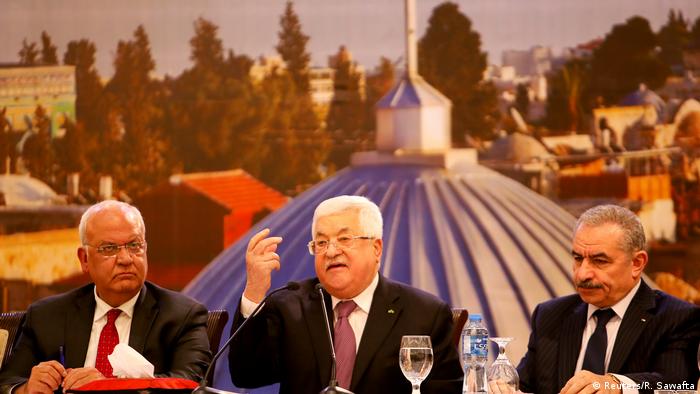Don’t Let the Bonds of Anpo Wither Away After 60 Years
(Japan) on 18 January 2020
by (link to original)
Protecting its citizens’ security is one of a nation’s important missions, and our defensive capabilities cannot be neglected. That being said, as a victim of nuclear disaster, Japan does not have the option to nuclearize, which limits our self-defense. Of course, it is reassuring to have good friends.
Early modern Japan advanced as a great power by forging friendly relations with Britain and America, and defeating Russia. Afterward, Japan redirected its course to a trilateral alliance with Germany and Italy, inviting defeat.
The original Anpo treaty that was reached in 1951 confirmed the American occupation.* The current treaty signed by Prime Minister Nobusuke Kishi in 1960 clarified the division of roles between Japan and America. It is fair to say that Japan itself chose to ally with the U.S. The Socialist Party, which advocated for demilitarized and neutral status, failed to win voter support and shriveled away.
So was it best to applaud the Liberal Democratic Party’s option? That might be jumping to conclusions. At present, roughly 90% of the people support the existence of the military, but when Prime Minister Shinzo Abe gave limited approval to the principle of collective defense missions, even the ruling Komeito expressed reservations about unobstructed expansion of the military’s area of activity.**
This anxiety about traveling to the ends of the earth has the same root as the anxiety lurking behind the demilitarized neutralist position: that the Anpo treaty will drag us into America’s wars.
There also seems to be a trend in the LDP toward bold voices that call for pushing China back by force under the security alliance with America. Is this truly the people’s will? The American military probably does not want to get wrapped up in an unnecessary conflict between Japan and China.
President Donald Trump has hinted at withdrawing American forces from Japan. In Japan this tends to get dismissed as a bluff made to increase the allocation for various items in the sympathy budget, but, in fact, the number of Americans who think that they cannot assume the burden of other countries’ security is increasing.*** This trend may not change with a post-Trump administration.
The important thing is to develop the Japanese-American alliance so that both parties realize equal advantages. Not too much dependence, not too much distance. We cannot let a 60-year-old alliance become a cipher.
*Translator’s note: “Anpo” (“security”) is a common shorthand for the U.S.-Japan Security Treaty in Japan.
**Translator’s note: The LDP’s partner in Japan’s governing coalition.
***Translator’s note: The “sympathy budget” refers to the funds that Japan pays to host American forces.


